- Home›
- Healthy Living›
- 10 Flax Seed Side Effects: Understanding The Potential Risks
10 Flax Seed Side Effects: Understanding The Potential Risks
By: Priyanka Maheshwari Mon, 10 July 2023 09:14:50
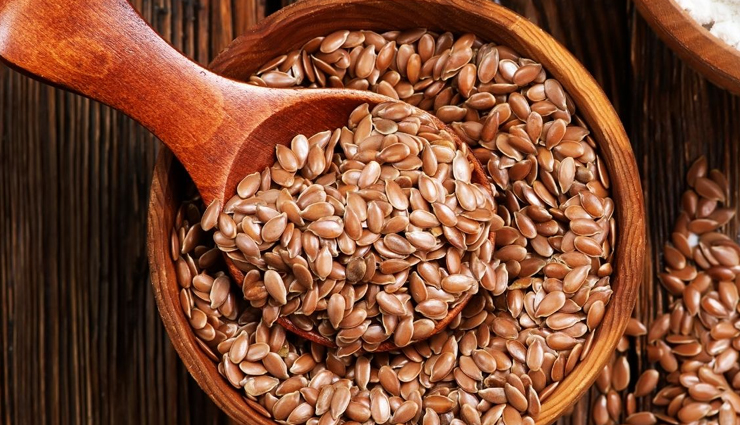
Flax seeds, alternatively referred to as linseeds, are compact seeds with a delightful nutty flavor, renowned for their abundant health-promoting properties. These seeds are brimming with omega-3 fatty acids, fiber, and a host of vital nutrients. While flax seeds are celebrated for their numerous benefits, it's crucial to be mindful of potential side effects that could emerge from their consumption. In this comprehensive article, we will examine 10 noteworthy side effects of flax seeds that warrant your attention. So, let's embark on this informative journey and uncover the intricacies.

# Digestive Issues
Flax seeds boast a significant fiber content, known to promote healthy digestion. However, consuming excessive quantities of flax seeds without sufficient hydration can result in digestive unease, including bloating, gas, and abdominal cramps. To mitigate these concerns, it is crucial to ensure adequate water intake when including flax seeds in your diet. This practice aids in preventing and alleviating potential digestive discomfort.

# Allergic Reactions
While uncommon, it is possible for certain individuals to have an allergic reaction to flax seeds. Allergic responses can vary, ranging from mild symptoms such as itching, hives, and swelling, to more severe reactions like difficulty breathing or even anaphylaxis. If you have a known allergy to seeds or nuts, it is crucial to exercise caution and seek advice from an allergist before incorporating flax seeds into your diet. Taking these precautions can help ensure your safety and well-being.

# Hormonal Effects
Flax seeds naturally contain phytoestrogens, which are plant compounds capable of imitating the effects of estrogen in the body. While this can be advantageous for certain individuals, it is important to recognize that these phytoestrogens may exert hormonal effects in others. Individuals with hormone-sensitive conditions, including breast cancer, ovarian cancer, or uterine fibroids, should seek guidance from their healthcare provider prior to incorporating flax seeds into their diet. Consulting a healthcare professional helps ensure personalized advice and considerations regarding the potential impact of flax seeds on hormonal health.

# Interference with Medications
Flax seeds have blood-thinning properties due to their omega-3 fatty acid content. If you are taking blood-thinning medications, such as warfarin or aspirin, consuming large amounts of flax seeds may increase the risk of bleeding or interfere with the effectiveness of these medications. It's crucial to consult your healthcare provider for personalized advice regarding your medication regimen.
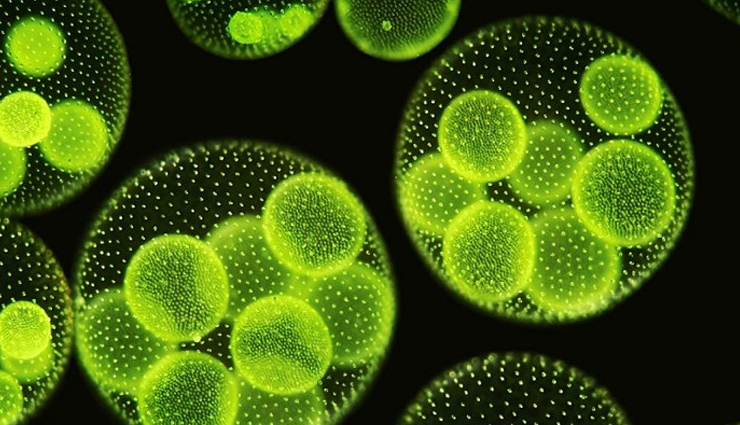
# Cyanide Toxicity Risk
Flax seeds naturally contain a small amount of cyanogenic glycosides, which can release cyanide when metabolized. However, the levels of cyanide in flax seeds are typically very low and considered safe for consumption. Nevertheless, consuming excessive amounts of flax seeds or grinding them into a fine powder may increase the risk of cyanide toxicity. It is recommended to consume flax seeds in moderation and avoid exceeding the recommended daily intake.

# Blood Sugar Fluctuations
While flax seeds have a low glycemic index, meaning they have a minimal impact on blood sugar levels, consuming large quantities without balancing them with other foods can potentially cause blood sugar fluctuations. Individuals with diabetes should monitor their blood sugar levels carefully when incorporating flax seeds into their diet and consult with a healthcare professional for guidance.
# Interference with Absorption of Certain Nutrients
Flax seeds possess phytic acid, a compound capable of binding to minerals such as calcium, iron, and zinc, potentially hindering their absorption. However, it is important to note that this impact is typically minimal and unlikely to lead to nutrient deficiencies when consumed as part of a balanced diet. Nonetheless, individuals with specific nutrient requirements or deficiencies should consider diversifying their sources of these minerals to ensure optimal absorption. Incorporating a variety of food sources can help mitigate any potential limitations associated with mineral absorption from flax seeds.
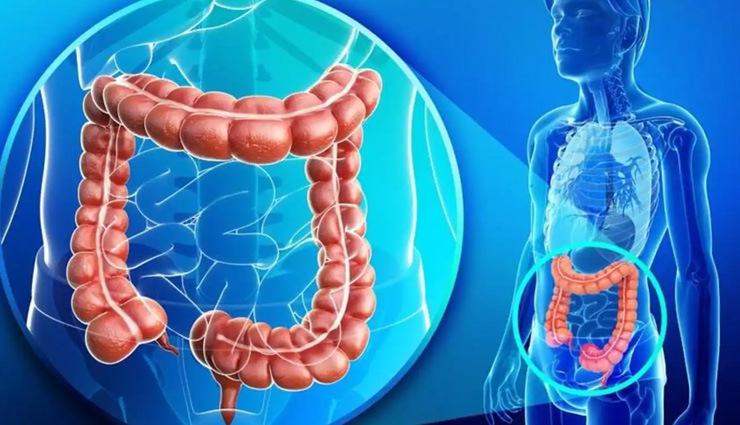
# Intestinal Obstruction
In rare cases, consuming whole flax seeds without adequate liquid can lead to intestinal obstruction or blockage, particularly if you have a history of digestive disorders or intestinal narrowing. To avoid this potential side effect, it is advisable to grind or soak flax seeds before consumption or opt for flaxseed oil instead.
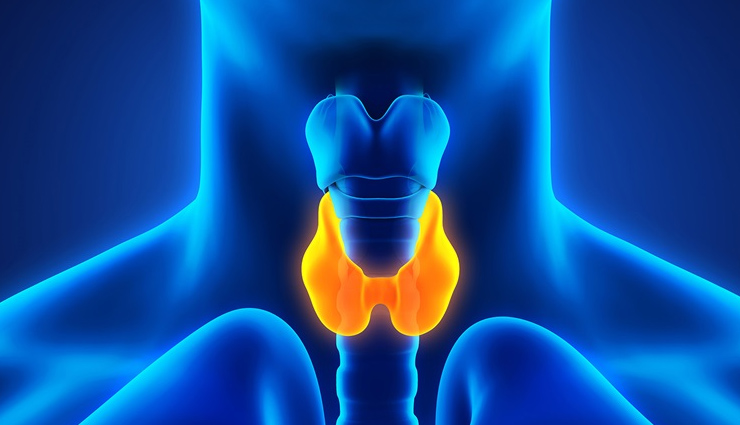
# Thyroid Function Interference
Flax seeds contain goitrogens, which are substances that can interfere with thyroid function by inhibiting the absorption of iodine. While this is usually not a concern when flax seeds are consumed in moderation, individuals with thyroid disorders or iodine deficiencies should be cautious and consult with their healthcare provider.

# Drug Interactions
Flax seeds may interact with certain medications, including blood pressure medications, cholesterol-lowering drugs, and hormone replacement therapy. They can affect the absorption, metabolism, or effectiveness of these medications. If you are taking any medications, it's important to inform your healthcare provider before incorporating flax seeds into your routine.
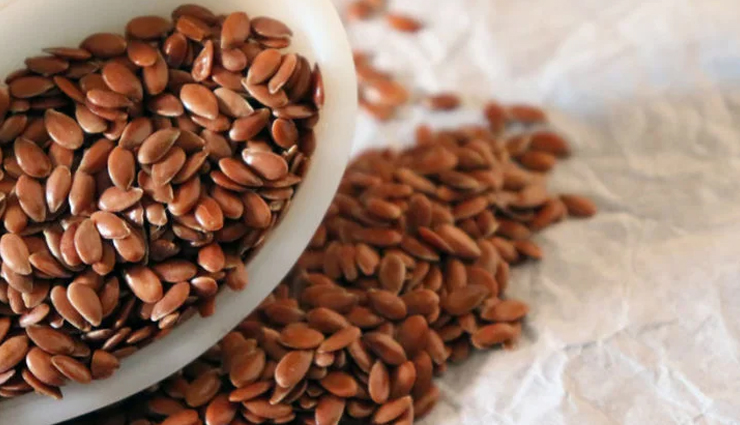
Key Nutrients Found in Flax Seeds
Macronutrients:
Protein: Flax seeds are a good plant-based source of protein, containing approximately 5 grams of protein per tablespoon (10 grams).
Dietary Fiber: Flax seeds are rich in dietary fiber, providing both soluble and insoluble fibers. A tablespoon of flax seeds contains about 3 grams of fiber, aiding digestion and promoting a healthy digestive system.
Healthy Fats: Flax seeds are an excellent source of alpha-linolenic acid (ALA), an omega-3 fatty acid. They also contain omega-6 fatty acids in a balanced ratio. These healthy fats are beneficial for heart health and inflammation reduction.
Vitamins:
Vitamin E: Flax seeds are a good source of vitamin E, a powerful antioxidant that helps protect cells from oxidative damage.
B Vitamins: Flax seeds contain various B vitamins, including thiamin (B1), riboflavin (B2), niacin (B3), vitamin B6, and folate. These vitamins are essential for energy production, brain function, and the metabolism of nutrients.
Minerals:
Manganese: Flax seeds are a rich source of manganese, an essential mineral that plays a role in bone health, metabolism, and antioxidant defense.
Magnesium: Flax seeds are a good source of magnesium, which is important for energy production, muscle function, and maintaining heart health.
Phosphorus: Flax seeds provide phosphorus, a mineral necessary for bone health, DNA synthesis, and energy metabolism.
Copper: Flax seeds contain copper, which is involved in several enzymatic reactions and helps support the immune system.
Phytochemicals:
Lignans: Flax seeds are the richest known source of lignans, a type of phytoestrogen. Lignans have antioxidant and potential anticancer properties. They may also have positive effects on hormone balance and cardiovascular health.
Plant Sterols: Flax seeds contain plant sterols, which can help lower LDL cholesterol levels and support heart health.





